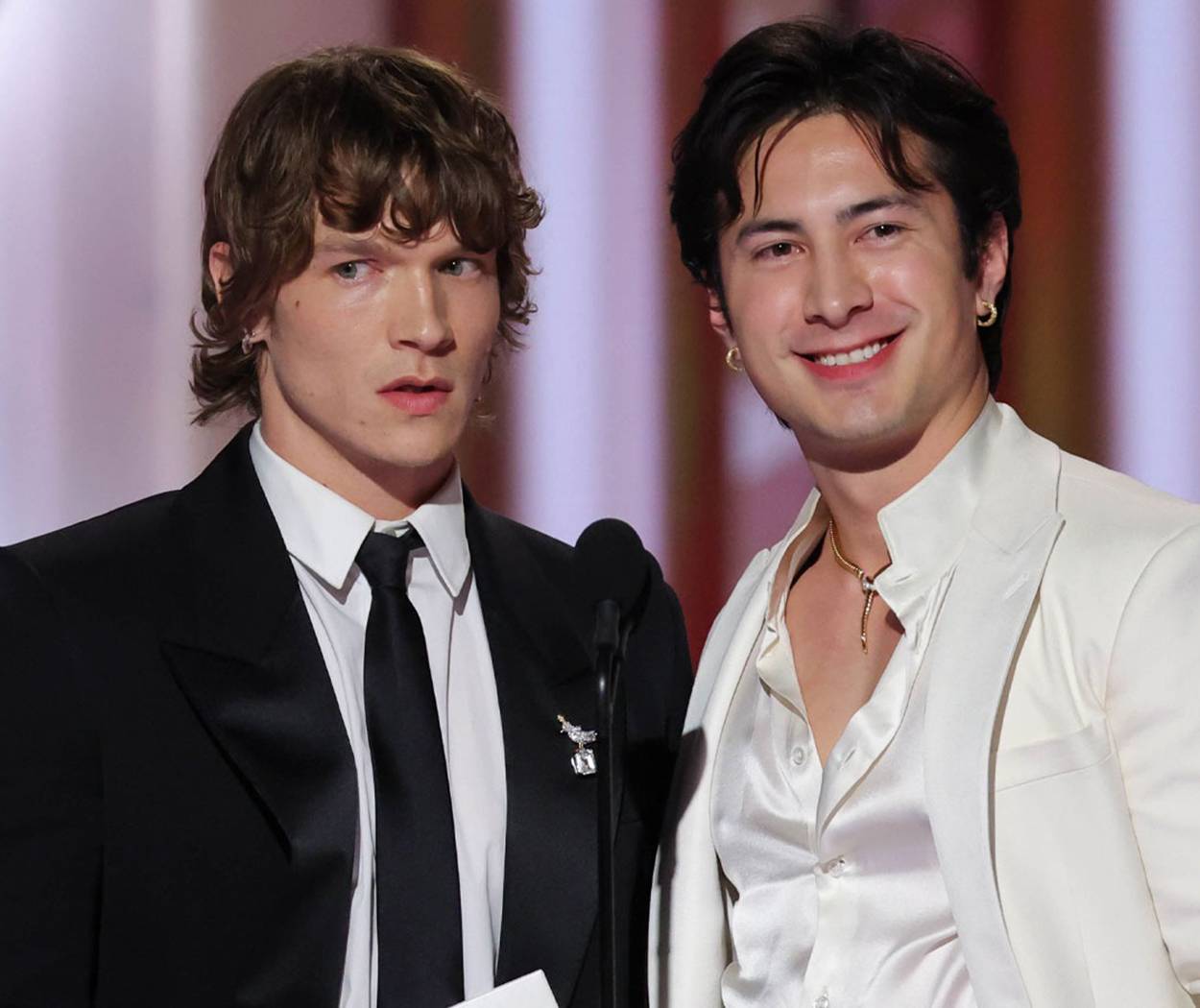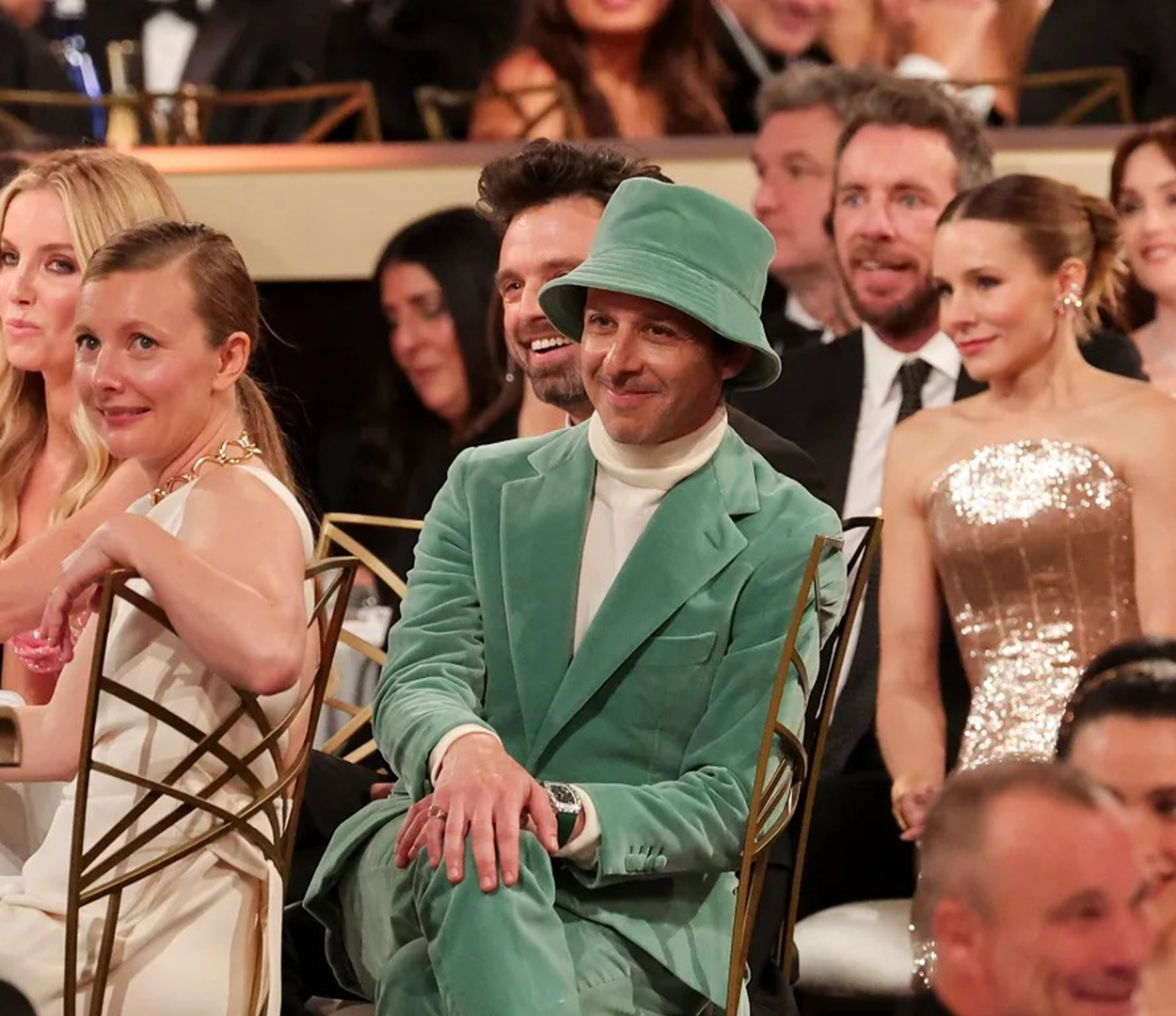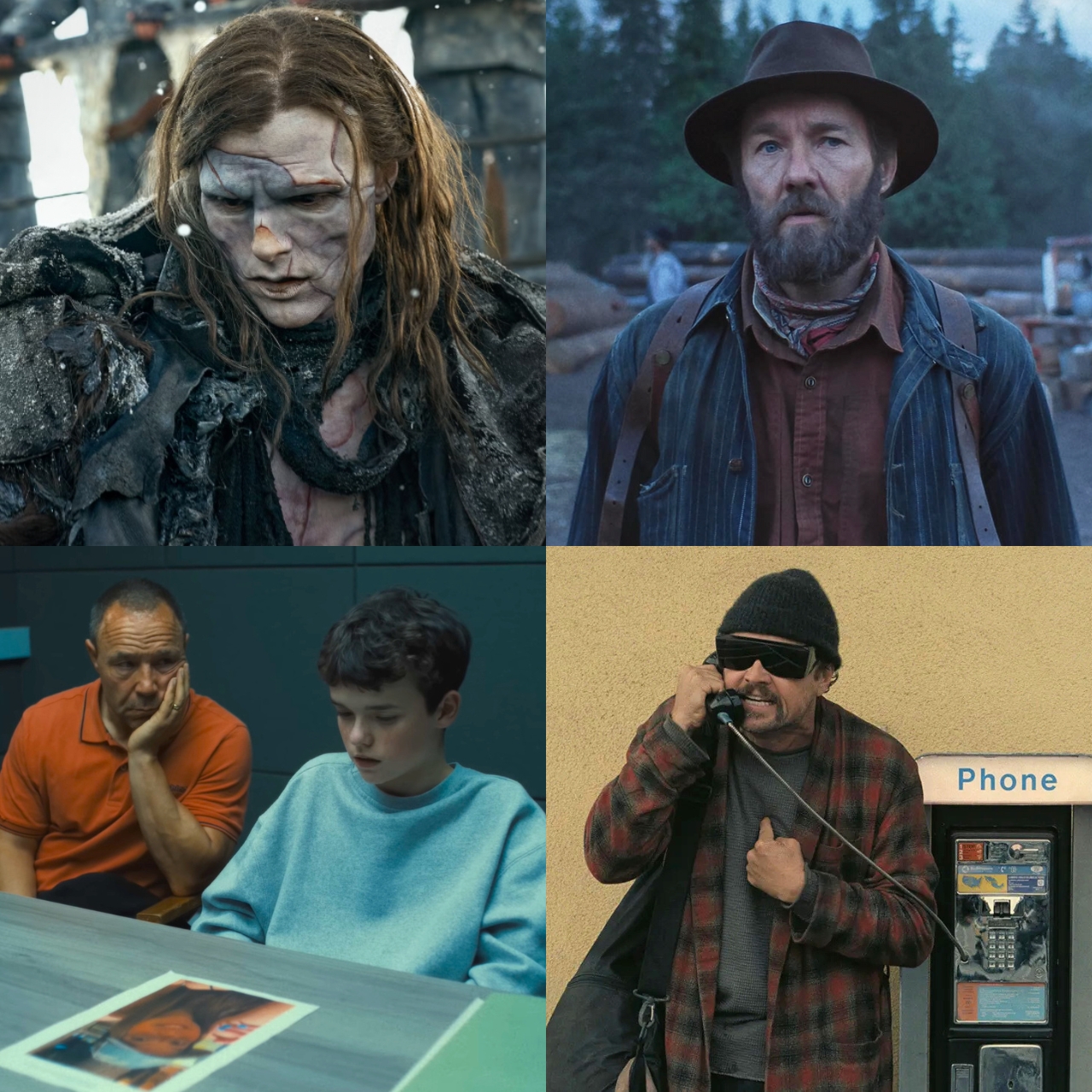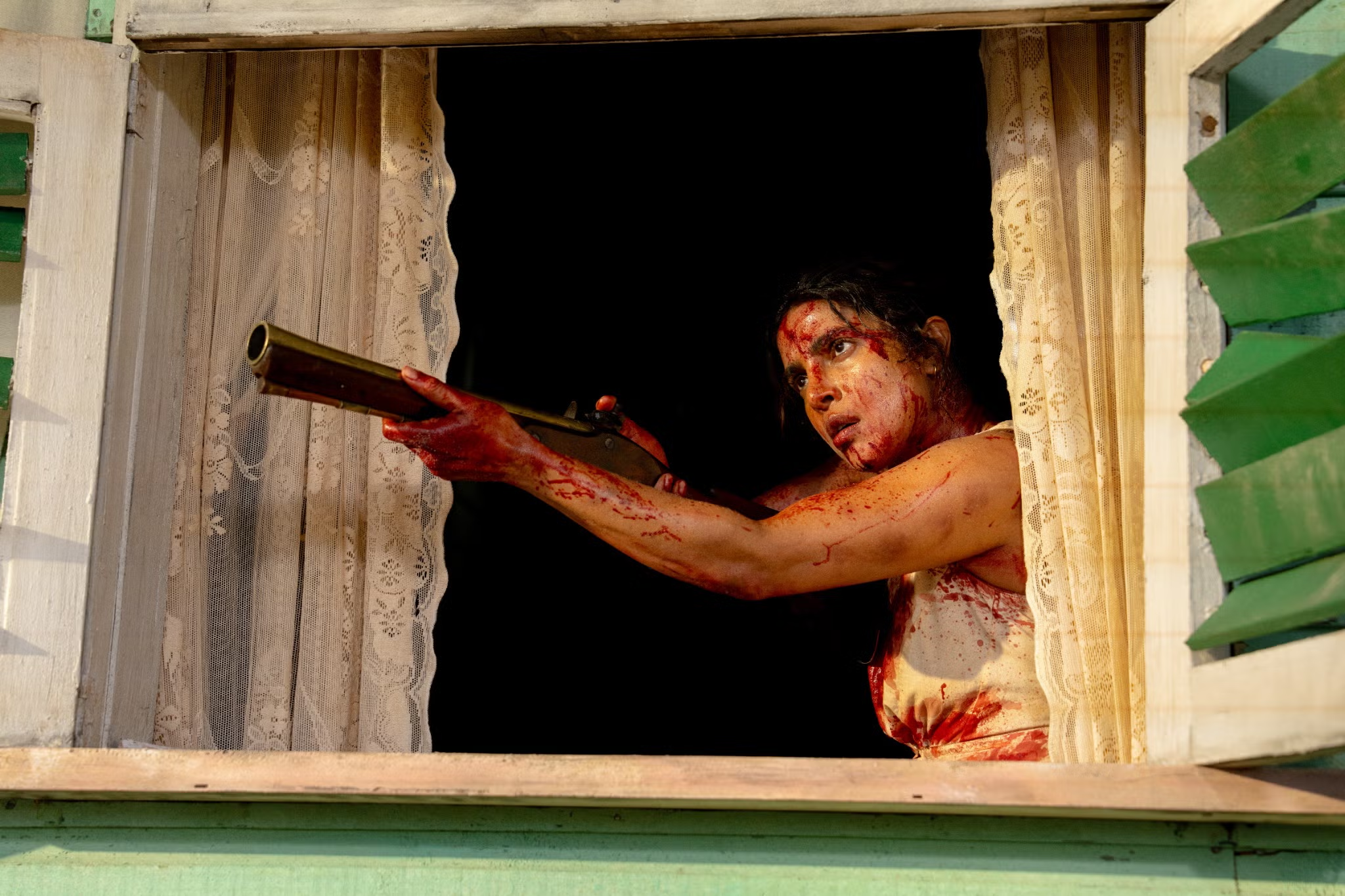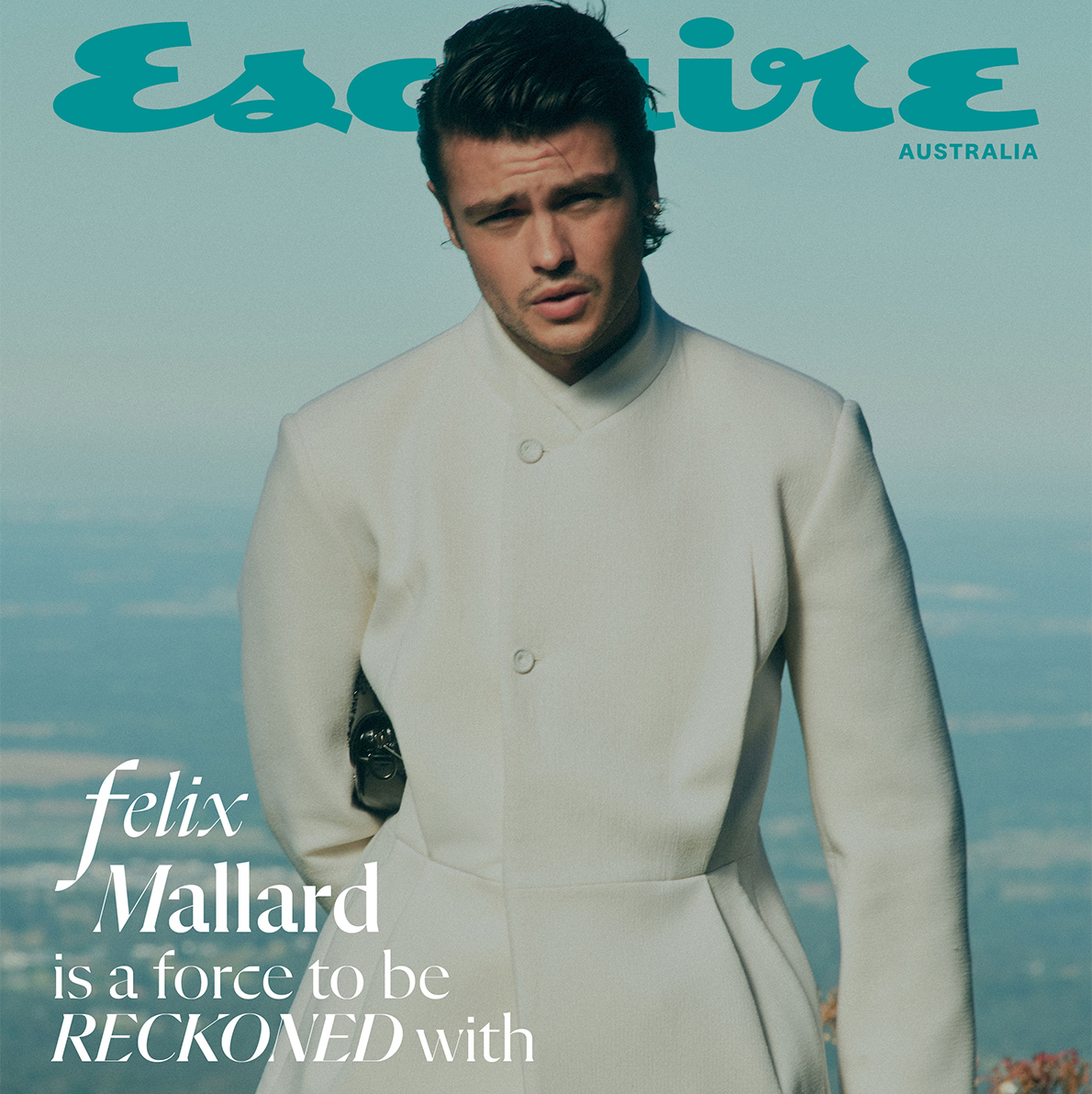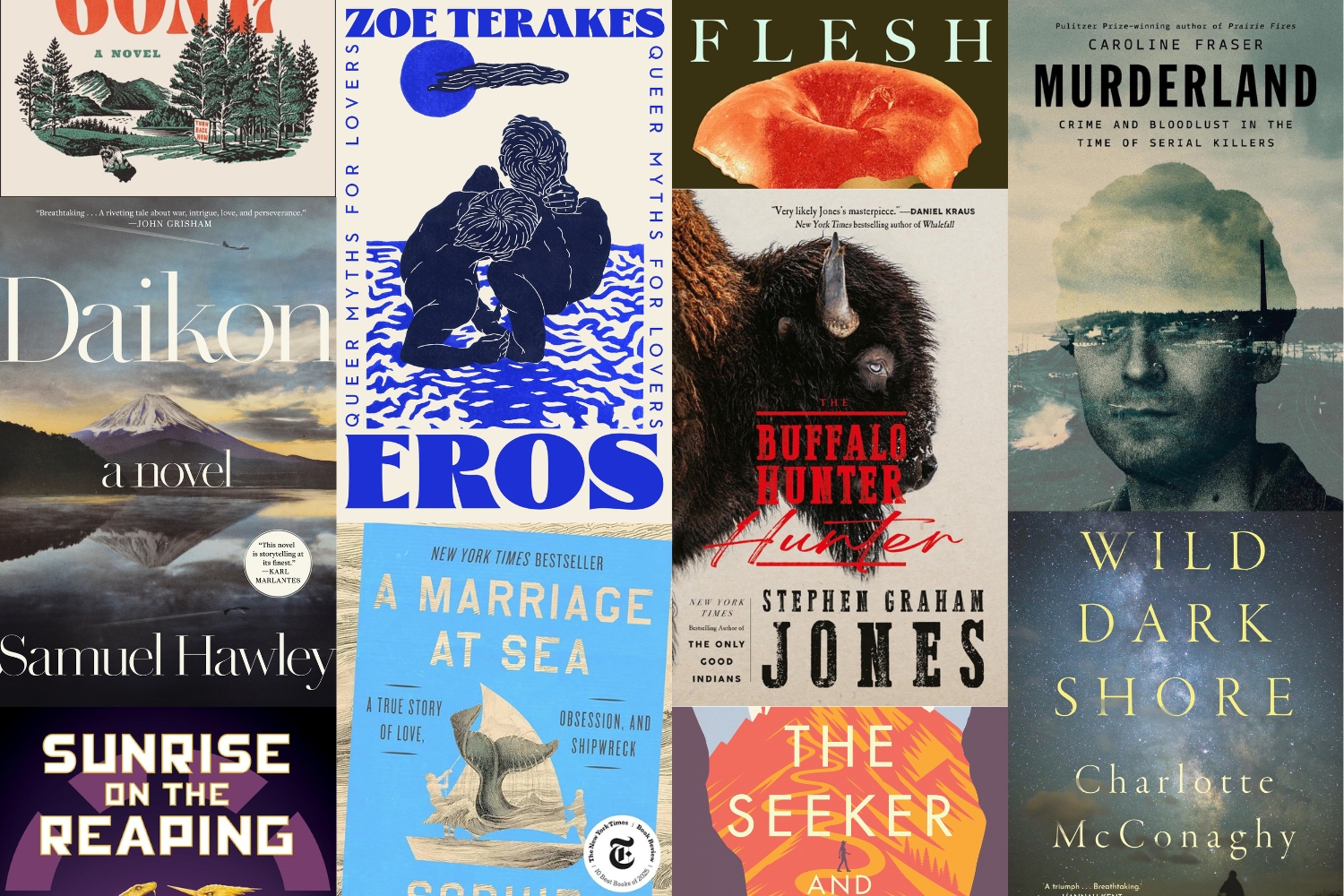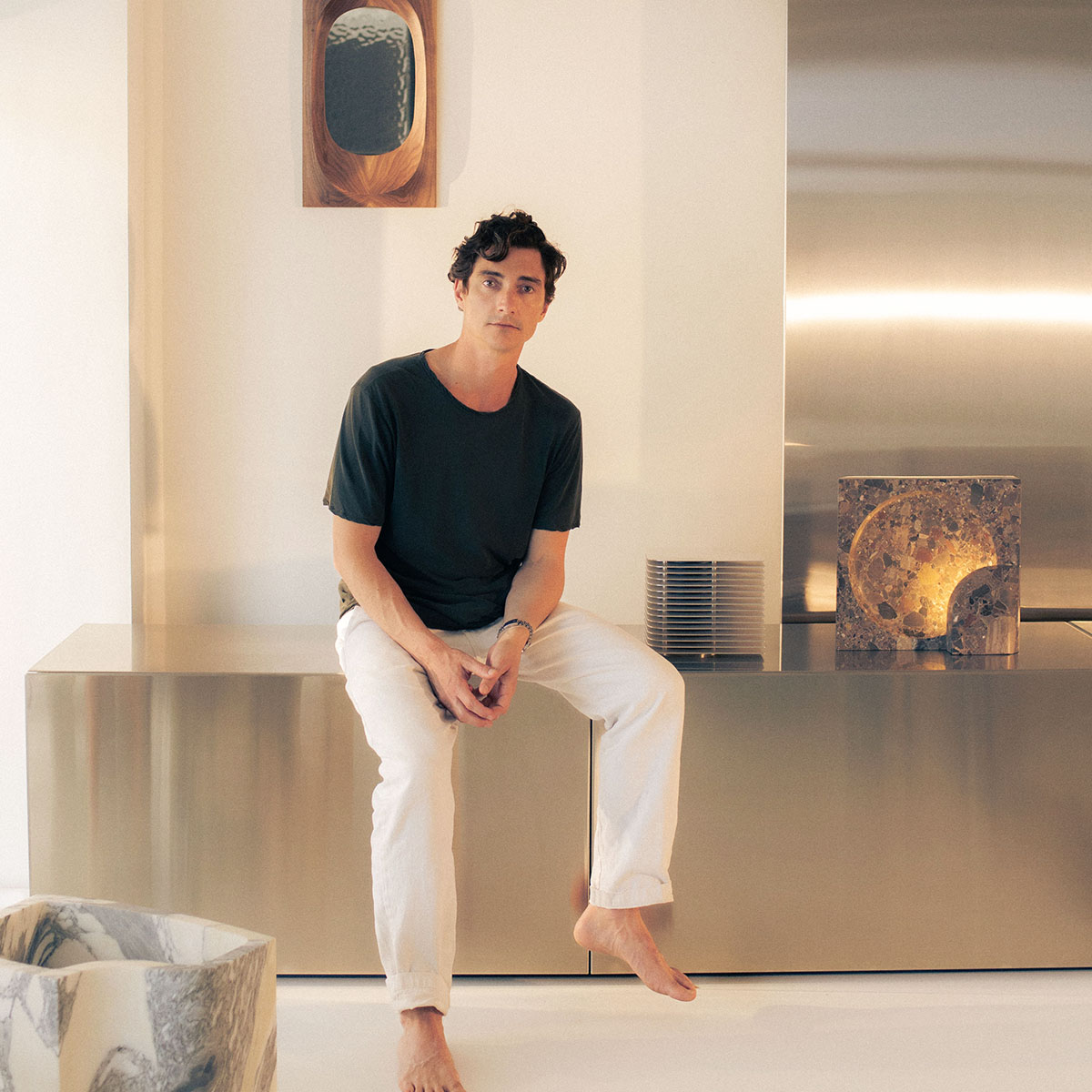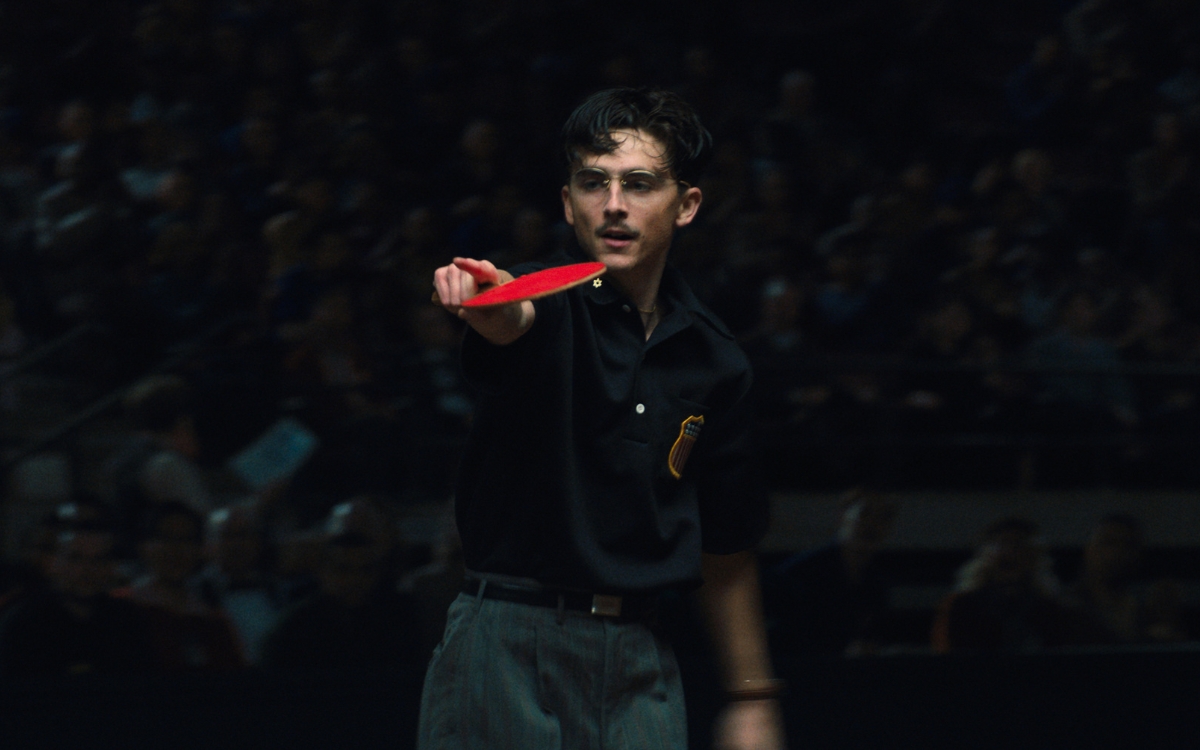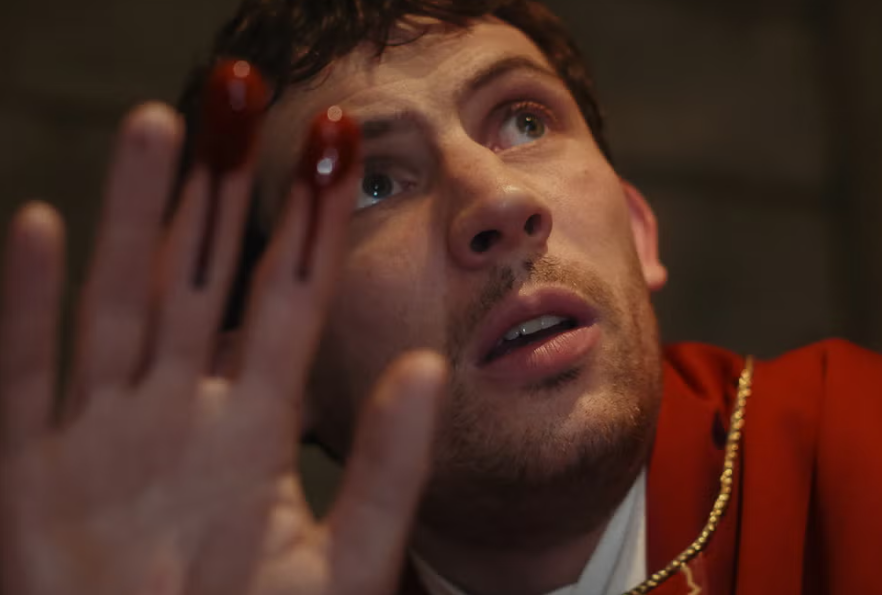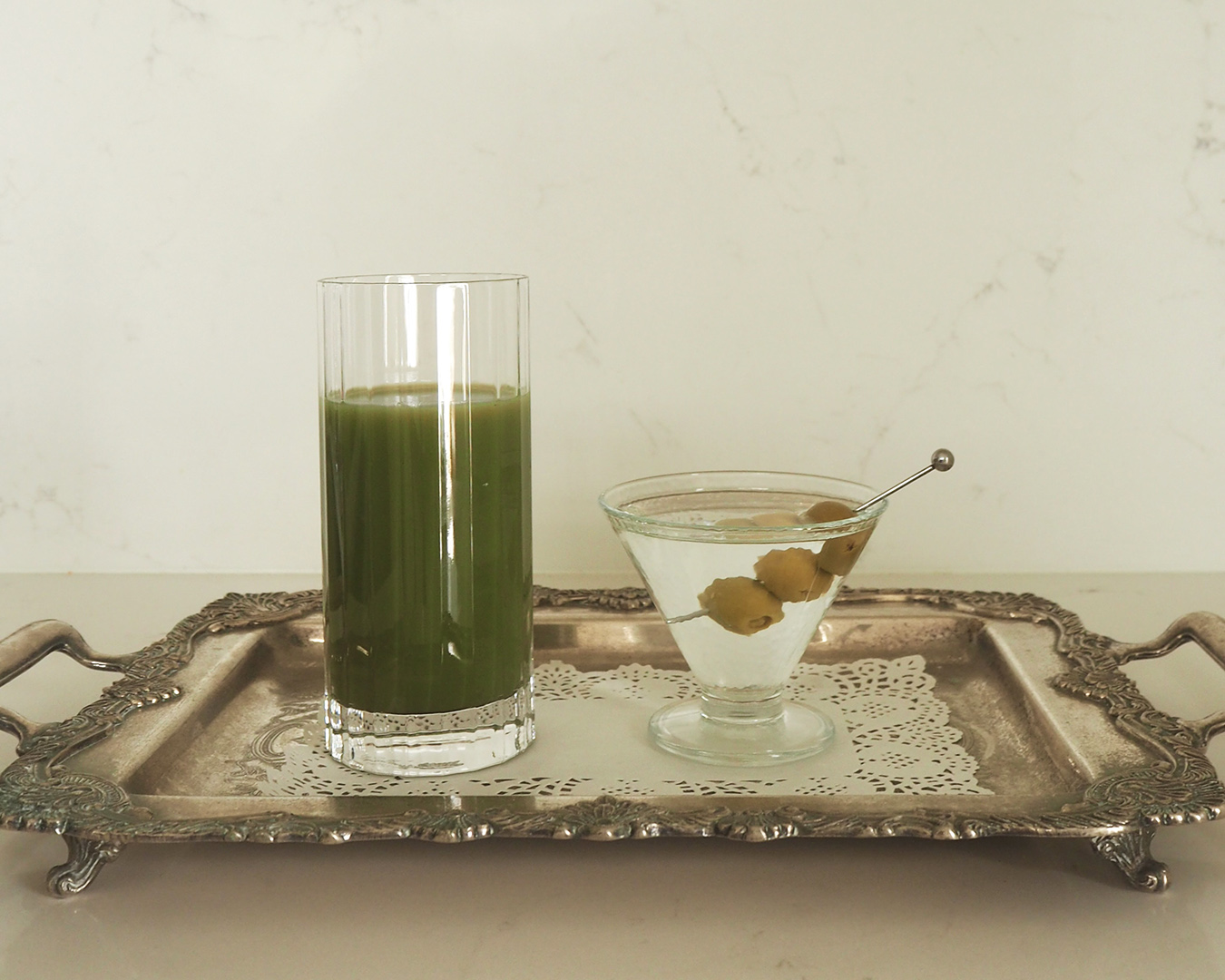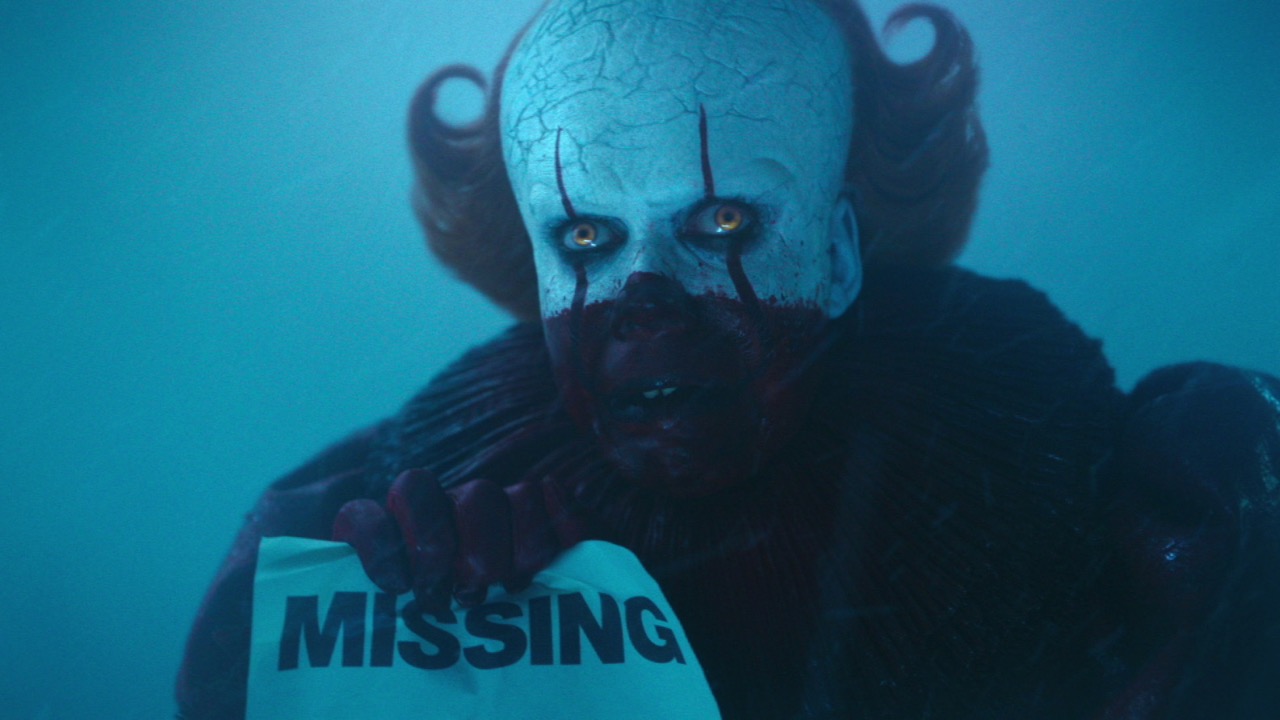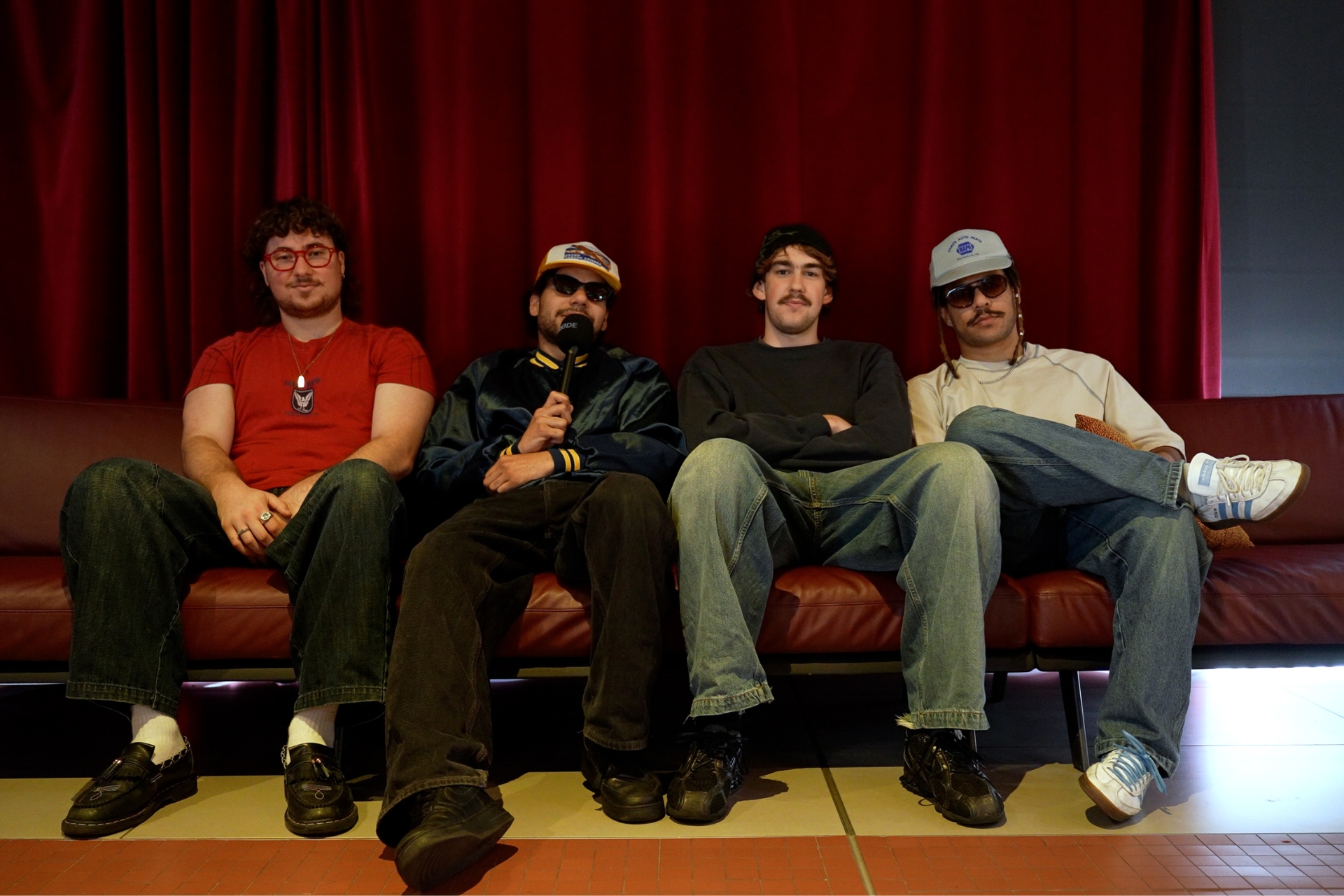Yolŋu rapper and musician Baker Boy is becoming Baker Man
His sophomore album Djandjay dives deep into rage, joy, rebellion and self-love combine in a record that’s as personal as it is powerful
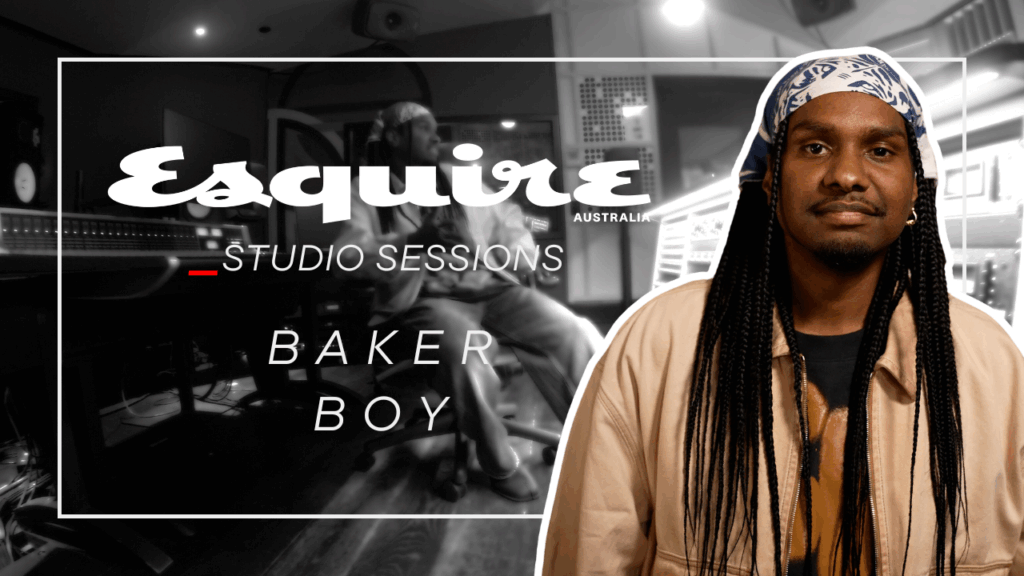
WHEN DANZEL BAKER, AKA BAKER BOY, walks into the recording studio, two things become immediately apparent: this man is abundant in charisma, and he has great taste in clothes. Immediately, we begin talking about his choice of footwear, a pair of lace-up Tabis from Maison Margiela.
“The Tabis! Yeah, man, I love the Tabis,” says Baker. One foot is lifted, showing off the fresh sole and the signature toe split. “I just got back from Japan and went crazy on the toe socks over there. We can’t get those toe-y socks here in Australia, so I just got heaps while I could.”
Baker Boy, the proud Yolŋu man from Milingimbi and Maningrida in North-East Arnhem Land, began his career as a dancer, travelling through remote communities teaching hip hop, before stepping into music. “Dancing helps me with music, music helps me with dancing, so yeah, vice versa,” he says. Rhythm, for him, is a way of thinking, remembering, and telling story.
That instinct to move and to experiment with sound explodes on his new album, Djandjay, perhaps not-so-coincidentally released today on his birthday, October 10. Named after his late grandmother – who Baker says was the person who first introduced hip hop to Arnhem Land – and the Yolŋu spiritual figure of the same name, it’s an album steeped in ancestry and forward-looking experimentation. “The album title, Djandjay, is about my late grandmother, but also the spiritual being that takes the form of an octopus that guides the soul,” he explains.
Where his debut Gela brimmed with optimism, Djandjay dives into deeper waters of feeling. More layered, pulling influence punk, EDM and hip hop, often within the same track. “Thick Skin” was born in the wake of the Voice referendum, its Blak choir – Thelma Plum, Emma Donovan, Kee’ahn, Jada Weazel – turning grief and anger into something resilient. “[The referendum result] made me feel like I wanted to full punky and riot throughout the city,” he says.“ So putting it in the track like “Thick Skin” makes me feel very proud, confident, and I can take on the world with my chest up.”
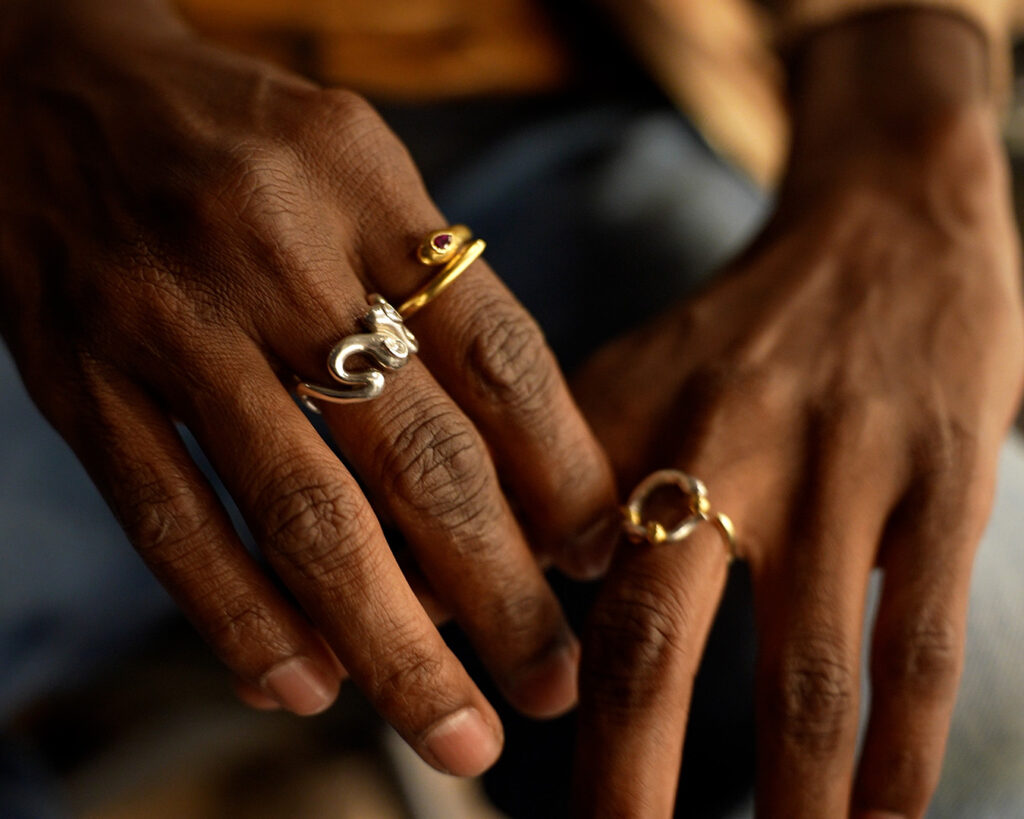
Working with the choir was a career highlight. “It was the first time I heard it and I was just teary, goosebumps. It was just something that took over.”
What began as an experiment with punk energy grew into one of his most defining tracks.
Across the record, Baker Boy plays with the full spectrum of emotion. There’s rage, there’s joy, there’s grief, there’s some sex, too, in the playful R&B grooves of “Keep Up”. But it all ties back to love – self-love, the love of community, for the future possibilities of Australia and for the music itself.
“With this album I kind of took time to show more of the emotional side of Baker Boy, the vulnerability,” he says. “There’s joy, there is rage, there’s ecstasy. Whether it was sad love, angry love or happy love, they all had that one connection. These emotions were so authentic, which makes the songs feel good because they’re made out of love.”
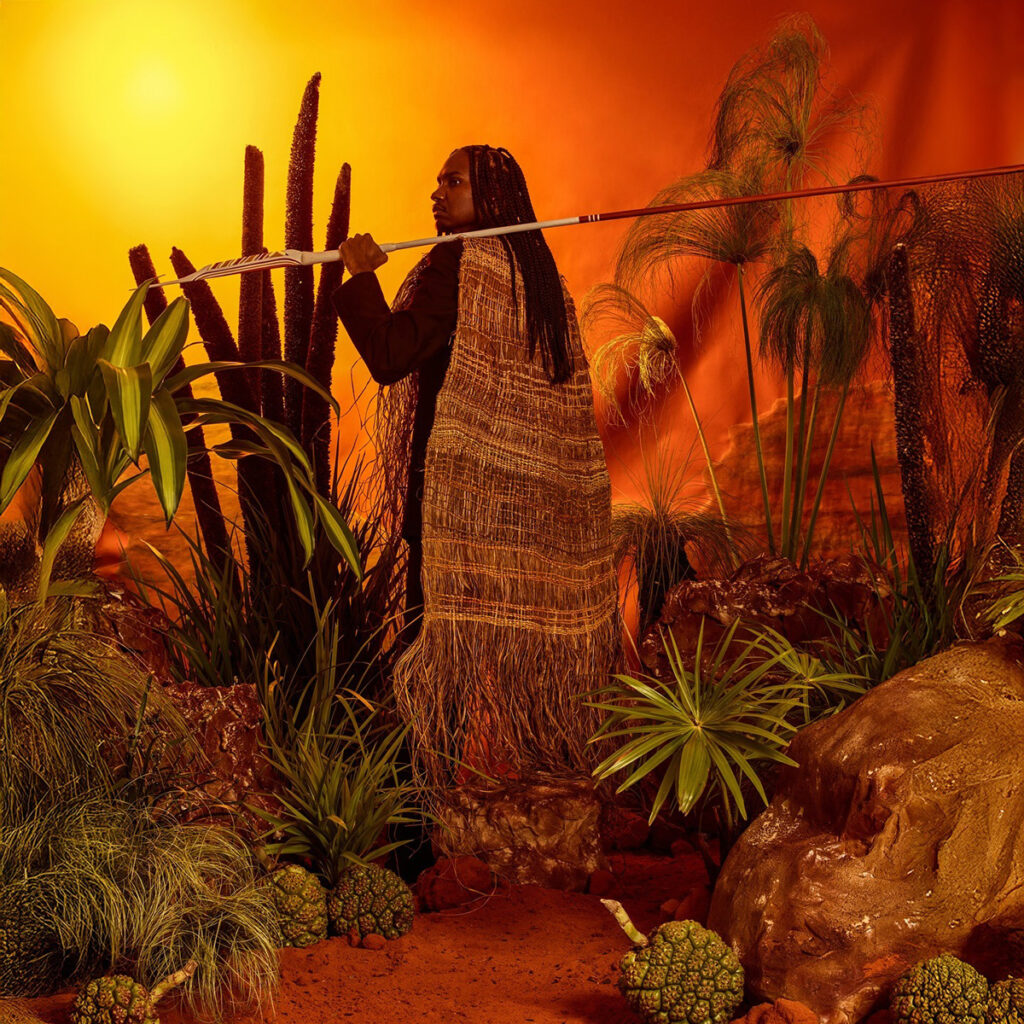
That mix of feelings played out in real time at the 2025 AFL Grand Final, where Baker Boy performed Thick Skin before joining Snoop Dogg for a show that reached more than four million viewers. The two shared the stage at the MCG as Baker Boy’s yidaki cut through the high-pitched opening of “Still D.R.E.”, giving the track a distinctly Australian rhythm. “The performance was mad and hectic, and a dream come true,” he said afterwards. Growing up on the island of Milingimbi, his uncles used to blast Snoop’s music. “They were always playing Snoop, and this week my uncles and family called me and said, ‘I can’t believe you’re performing with him.’”
Other songs like “Peacekeeper” and “Freak Out” sharpen the edges of his lyricism, shifting between Yolŋu Matha, Burarra and English, playfully but pointedly interrogating identity and expectation. The inclusion of the yidaki (didgeridoo) adds another layer. He taught himself to play as a kid after breaking into a plumber’s ute to steal pipes that he and his cousins repurposed into makeshift instruments. That early mischief turns up decades later as texture on international collaborations, where producers in Los Angeles “were secretly filming the yidaki! They’d never seen or heard one.”
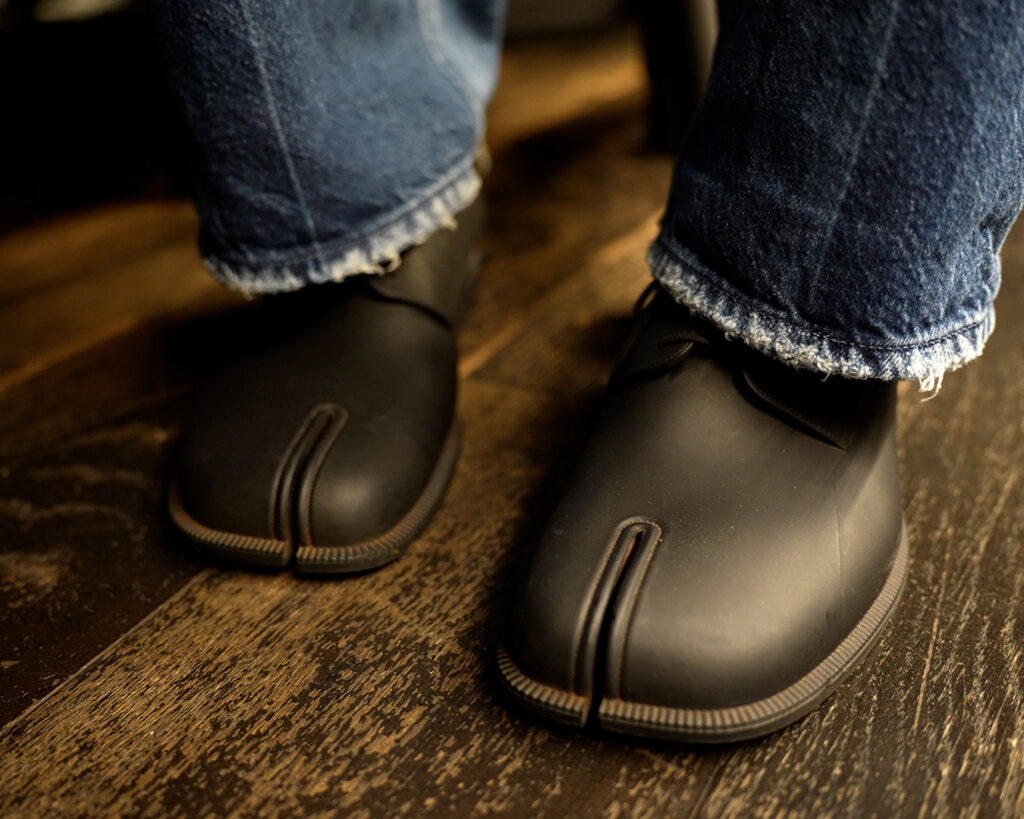
Education through music is part of the mission. “I want people to take out of this album not only that I’m rapping in three languages, but that there’s more than one Indigenous language in Australia,” he says. That act of language-sharing, woven into hip hop hooks and EDM drops, makes Djandjay as much a cultural document as it is a party soundtrack.
The record is also deliberately collaborative. Beyond the Blak choir, Baker Boy brought in Briggs and Haiku Hands on “Freak Out”, U.S. rapper Pardyalone on Running Low, and Jean Deaux on “War Cry”. Each guest voice doesn’t dilute his own but rather amplifies the different directions he wanted to explore.
That sonic palette is bold: hard-hitting trilingual rap, bursts of punk energy, and stretches of slow, melodic introspection. “Running Low”, carried by Pardyalone’s hook, channels burnout and the grief of distance from home. “War Cry” sits heavier still, born in the wake of Black Lives Matter.
It’s also about to go on the road. In 2026, Baker Boy is taking Djandjay on a national headline tour presented by Handsome Tours, Lunatic Entertainment, Select Music and triple j. Kicking off in April, the run will move through Mulubinba/Newcastle, Warrane/Sydney, Meanjin/Brisbane, Cullunghutti/Coolangatta, Koornoo/Barwon Heads, Naarm/Melbourne, Gulumoerrgin/Darwin and Mparntwe/Alice Springs, alongside festival sets at Perth Festival and WOMADelaide.
But despite the scale of these influences, Baker Boy’s focus remains deeply personal. He talks about the album process as a kind of transformation. “I kind of deep-dove into the Baker Boy personality, into who I am and found a voice that was inside of the happy positive Baker Boy and found this other side of Baker Boy,” he says. “Kind of the evolved sound in a way. I would say Baker Man – like Baker Boy to a Baker Man.”
That growth is echoed visually. The Djandjay album cover shows him in a Gucci suit but barefoot, wrapped in a pandanus mat woven by family. “The spear that’s made from my dad shows strength, symbolises power and authority,” he explains. “The mat is like a cape. It means my family will always have my back.”
Even his jewellery choices carry story. Much of it is made by Melbourne jeweller Graedence, with rings and ties heavy on snake motifs. “It represents part of me, because my totem is the python,” he says. “So when I saw heaps of the snake things, I was like, oh yes, oh my God.” Across his fingers and pinned to his chest, the serpent becomes both adornment and identity – a symbol of protection and continuity.
Asked about dream collaborators, he mentions Kendrick Lamar, J. Cole and Timbaland. But for now, his world is full enough. In 2026, Baker Boy takes Djandjay on the road. The Australia-wide tour begins in Perth on 21 February and will hit up Adelaide, Sydney, Melbourne and Darwin but also Coolangatta and Alice Springs.
Which always, it seems, comes back to that feeling of love that, on Djandjay, practically seethes and sizzles. Beneath the album’s righteous rage, its humour, its passion and its rejection of stereotypes, it’s all love. Love for his mob, for Country, for the music and for himself.
That’s pride. That’s power. That’s fuckin’ cool.
Related:
Esquire Studio Sessions: Del Water Gap on doing a shoey, and his new album Chasing the Chimera
Esquire Studio Sessions: Sons Of The East talks music and life on the road












